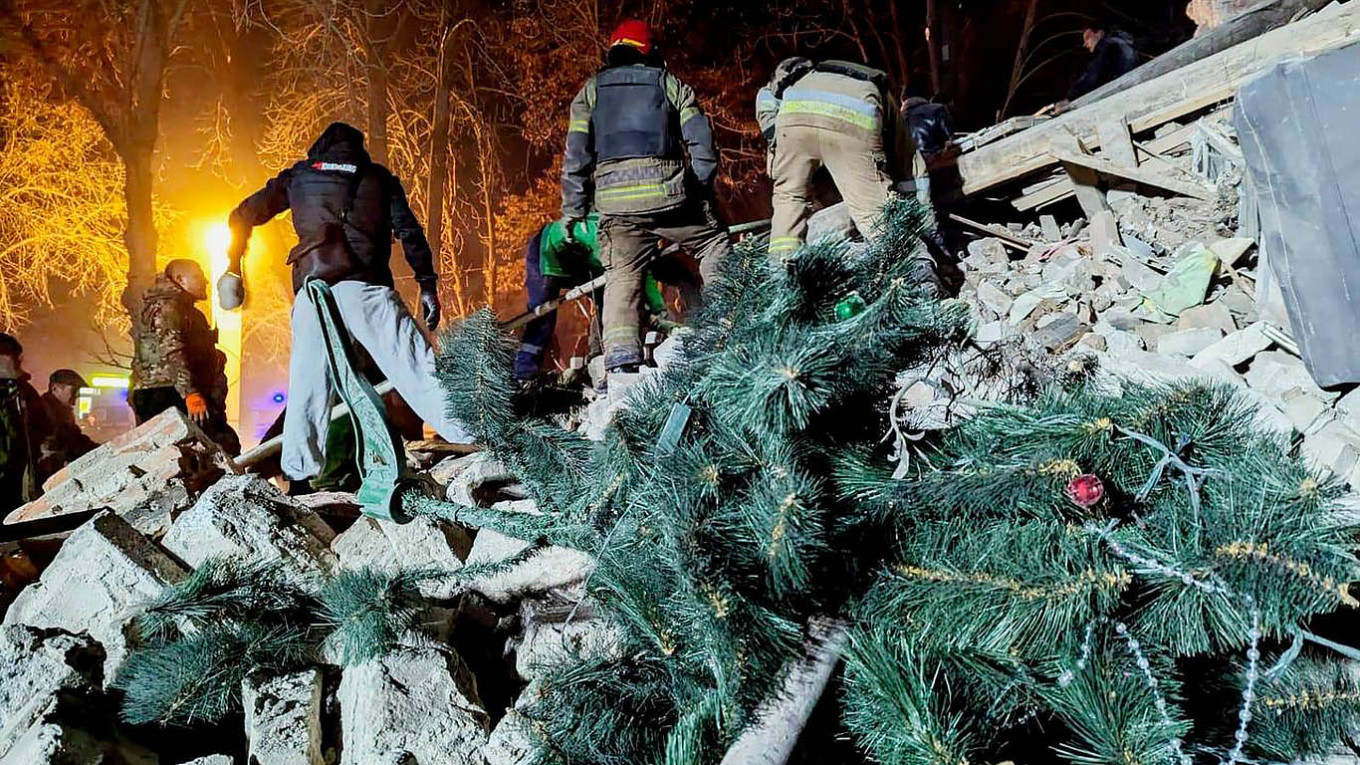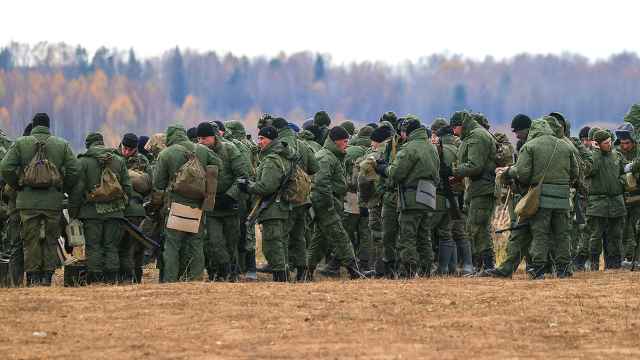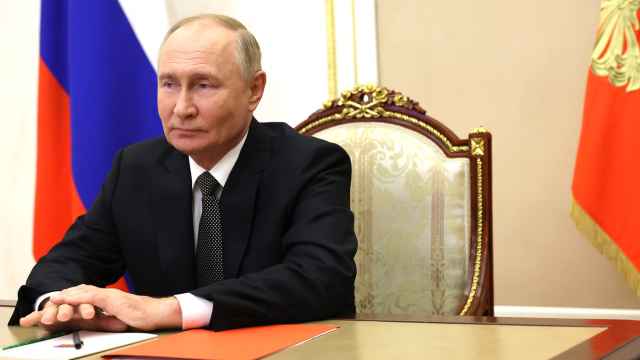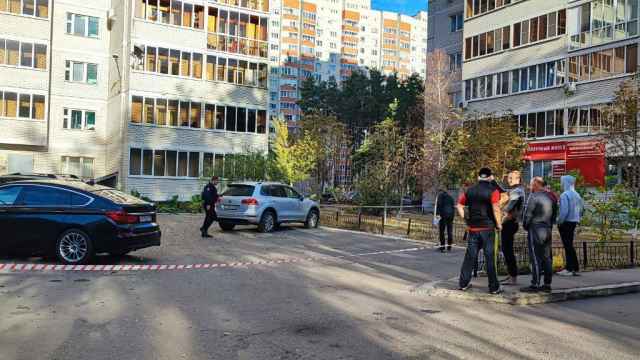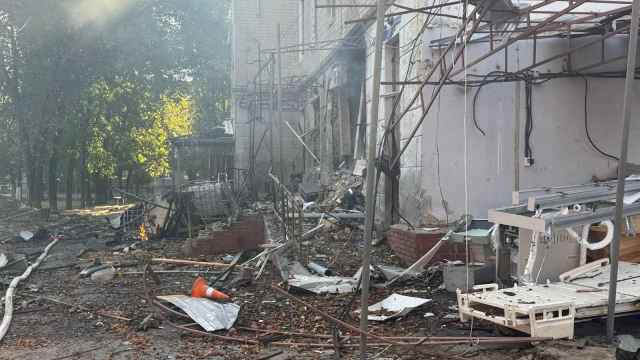Ukrainian President Volodymyr Zelensky on Wednesday denounced what he called an "inhumane" attack from Russia, which launched dozens of missiles and drones on Ukraine's energy grid, killing one person and causing widespread blackouts.
The country woke up early Christmas Day to air raid sirens, shortly followed by air force reports that Russia had launched Kalibr cruise missiles from the Black Sea.
"Putin deliberately chose Christmas to attack. What could be more inhumane? More than 70 missiles, including ballistic missiles, and more than a hundred attack drones. The target is our energy system," Zelensky said.
This was the 13th large-scale strike on Ukraine's energy system this year, the latest in Russia's campaign targeting the power grid during winter. The air force shot down over 50 missiles, Zelensky said.
"Unfortunately, there are some hits. As of now, there are blackouts in several regions," the Ukrainian president said.
Engineers were working to repair the system, but private energy provider DTEK said the attack severely damaged the equipment of thermal power plants, and regional officials reported power cuts.
"Christmas morning has once again shown that nothing is sacred for the aggressor country," said Svitlana Onyshchuk, the head of the Ivano-Frankivsk region.
She said part of the region was without electricity "at a time when we celebrate one of the greatest religious holidays — the bright Christmas."
Ukraine is officially celebrating Christmas on Dec. 25 for a second year. The government last year changed the date from January 7, when most Orthodox believers celebrate, as a snub to Russia.
The Christmas Day attack targeted the central Dnipropetrovsk region, whose governor Sergiy Lysak said Russia was "trying to destroy the region's power system."
The attacks killed one person in Dnipropetrovsk, Lysak said.
A Message from The Moscow Times:
Dear readers,
We are facing unprecedented challenges. Russia's Prosecutor General's Office has designated The Moscow Times as an "undesirable" organization, criminalizing our work and putting our staff at risk of prosecution. This follows our earlier unjust labeling as a "foreign agent."
These actions are direct attempts to silence independent journalism in Russia. The authorities claim our work "discredits the decisions of the Russian leadership." We see things differently: we strive to provide accurate, unbiased reporting on Russia.
We, the journalists of The Moscow Times, refuse to be silenced. But to continue our work, we need your help.
Your support, no matter how small, makes a world of difference. If you can, please support us monthly starting from just $2. It's quick to set up, and every contribution makes a significant impact.
By supporting The Moscow Times, you're defending open, independent journalism in the face of repression. Thank you for standing with us.
Remind me later.


